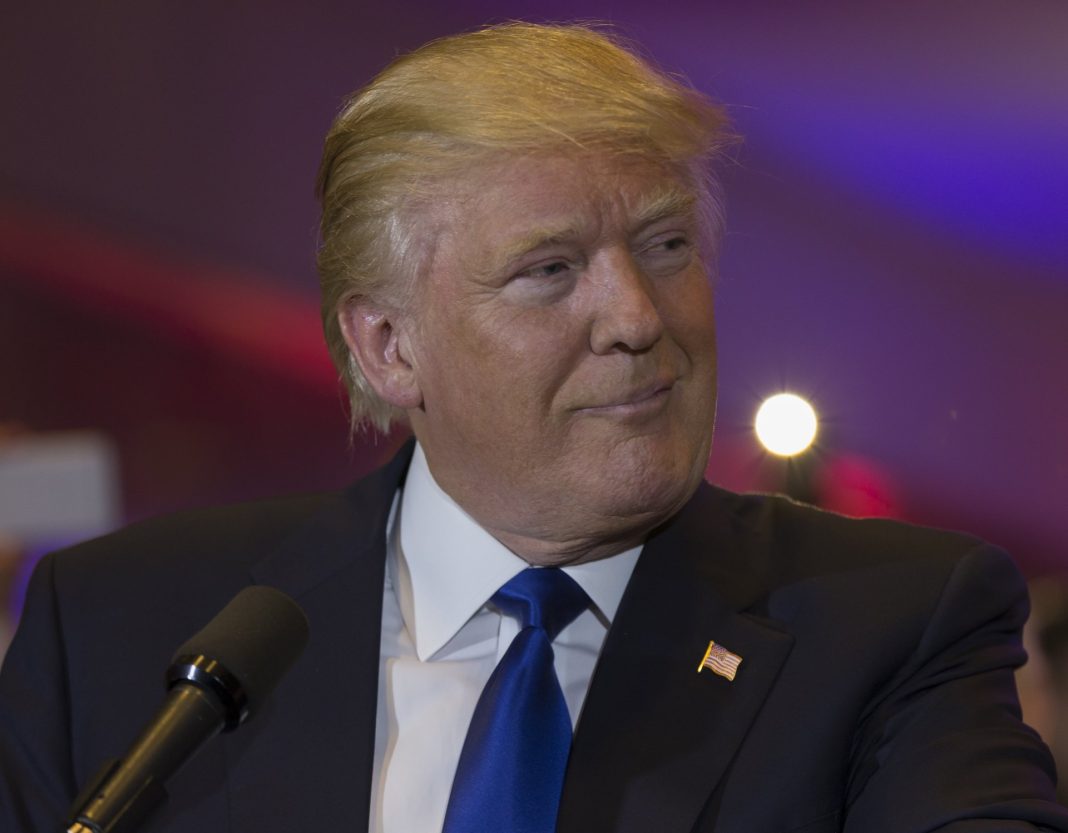A future Trump presidency could bring renewed focus on trade policies aimed at protecting American industries. While these policies have the potential to maintain affordability in online shopping, they also come with challenges, such as higher production costs or limited product availability, as businesses navigate changes in tariffs and sourcing.
From tariff tactics to reshoring efforts, here are five ways Trump’s trade policies might shape your shopping experiences—both positively and negatively.
1. Tariff Exemptions on Small Imports

One major reason online shoppers have benefited in recent years is the “de minimis rule,” which exempts shipments valued under $800 from tariffs. If Trump reinstates his focus on protecting American interests without altering this rule, online shoppers might continue reaping the rewards.
However, if trade tensions rise, lobbying for stricter import regulations could change this. Prices on low-cost items from platforms like Amazon, Shein, and Temu might climb, particularly if exemptions are reduced or removed. This could impact the affordability of everyday items like clothes and gadgets.
Pro Tip: When shopping online, get 3-15% cash back with easy-to-use rebate services like Capital One Shopping or Rakuten.
2. Sourcing Products Outside China

During Trump’s earlier presidency, tariffs on Chinese goods forced businesses to rethink supply chains. Many adapted by sourcing products from other countries like Vietnam, India, and Mexico, helping to avoid tariffs and keep costs down.
While this diversification can offer long-term savings, short-term disruptions and increased production costs in alternative countries could raise prices for shoppers. Businesses may pass these costs onto consumers, especially for goods heavily reliant on international supply chains.
3. Domestic Manufacturing

Trump’s “America First” agenda promoted domestic manufacturing, which could expand if this focus is renewed. This might result in lower prices for some U.S.-made goods like appliances or tools.
However, transitioning production to the U.S. often involves higher labor and infrastructure costs. While tax incentives could ease this burden for businesses, shoppers might see limited savings, particularly for products that are cheaper to produce abroad.
Pro Tip: When you spend on anything, always pay with a top-ranked cash-back card.
4. Trade Deals with Neighboring Countries

Trump’s renegotiation of NAFTA into the USMCA aimed to stabilize costs for goods traded with Mexico and Canada. Strengthened trade partnerships might continue to benefit shoppers with faster shipping and fewer disruptions.
However, future trade negotiations could face delays or political challenges, leading to supply chain disruptions affecting product availability and delivery times.
Pro Tip: Use a car insurance shopping site and find cheaper insurance. You might save up to $600/yr.
5. E-Commerce Innovations

Trump’s trade policies often challenge businesses, prompting giants like Amazon and Walmart to innovate. These efforts can lead to better logistics, cost-cutting measures, and lower prices for consumers.
However, smaller e-commerce players may struggle to keep up, reducing competition and potentially driving up prices. Additionally, the cost of implementing new technologies could at least temporarily increase prices for some items.
How Trump’s Trade Policies Could Impact Your Savings

Trump’s return to the White House could bring a renewed focus on trade policies that impact global and domestic markets. While initiatives like tariff exemptions and reshoring efforts may benefit some shoppers, they also come with challenges that could lead to higher costs for many goods.
Shoppers should stay informed about how trade policy changes affect the items they buy and consider adjusting their budgets as necessary.
Pro Tip: Earn up to $1000 per month doing simple tasks with KashKick!


